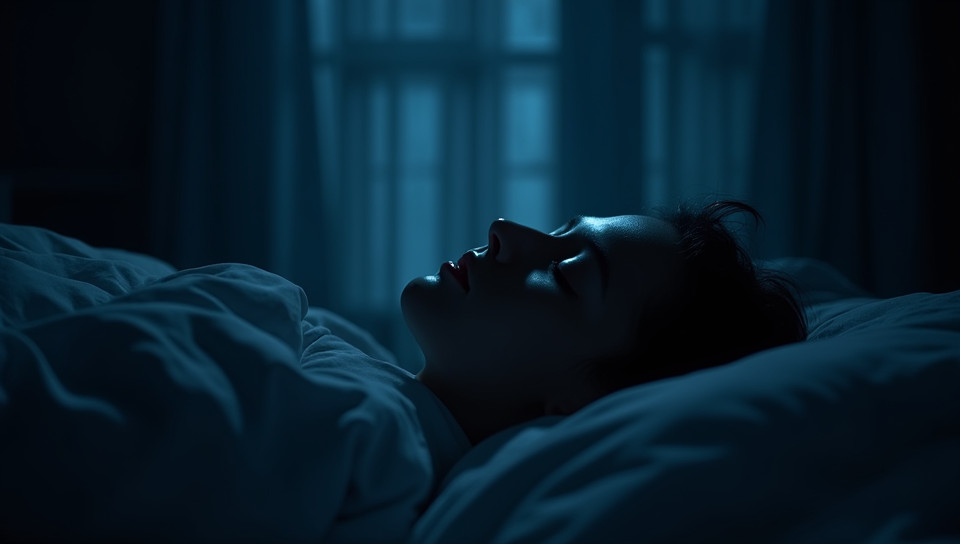Darkness triggers melatonin production naturally 51%

Unlocking the Power of Darkness: How It Triggers Melatonin Production Naturally
As we navigate our increasingly digital lives, it's easy to lose touch with the natural world and its rhythms. One of the most crucial aspects of our bodily cycles is the production of melatonin, a hormone that regulates our sleep-wake patterns. While we often focus on external factors like diet and exercise, the environment plays a significant role in triggering melatonin production. In this article, we'll explore how darkness naturally stimulates melatonin release, and why it's essential for our overall well-being.
The Science Behind Melatonin Production
Melatonin is produced by the pineal gland, a small endocrine gland located in the brain. This hormone is released in response to darkness, which signals the body that it's time to sleep. When we're exposed to natural light during the day, melatonin production is suppressed. Conversely, as night falls and our environment becomes darker, the pineal gland starts producing melatonin.
The Importance of Darkness for Melatonin Production
Darkness triggers a cascade of physiological responses that prepare our bodies for sleep. Here are some reasons why darkness is essential for melatonin production:
- It signals the body to slow down its circadian rhythms
- It allows the pineal gland to produce melatonin
- It helps regulate the sleep-wake cycle
- It promotes deeper, more restorative sleep
The Impact of Artificial Light on Melatonin Production
While darkness is essential for natural melatonin production, artificial light sources can disrupt this process. Exposure to screens, LED lights, and other forms of digital illumination can suppress melatonin release, leading to:
- Difficulty falling asleep
- Poor sleep quality
- Fatigue and grogginess during the day
Reclaiming Our Connection with Darkness
In today's world, it's easier than ever to get caught up in the 24/7 cycle of technology. However, by acknowledging the importance of darkness for melatonin production, we can begin to reclaim our connection with the natural world. This might involve:
- Establishing a consistent sleep schedule
- Creating a dark, quiet sleep environment
- Reducing screen time before bed
- Engaging in activities that promote relaxation and stress relief
Conclusion
Darkness is more than just the absence of light; it's a trigger for our bodies to produce melatonin naturally. By understanding the importance of darkness for melatonin production, we can take steps to restore balance to our sleep-wake cycles and improve our overall well-being. As we navigate the complexities of modern life, let's not forget the simple yet powerful role that darkness plays in regulating our bodily rhythms.
- Created by: Maria Reed
- Created at: Oct. 13, 2024, 8:51 p.m.
- ID: 12507









